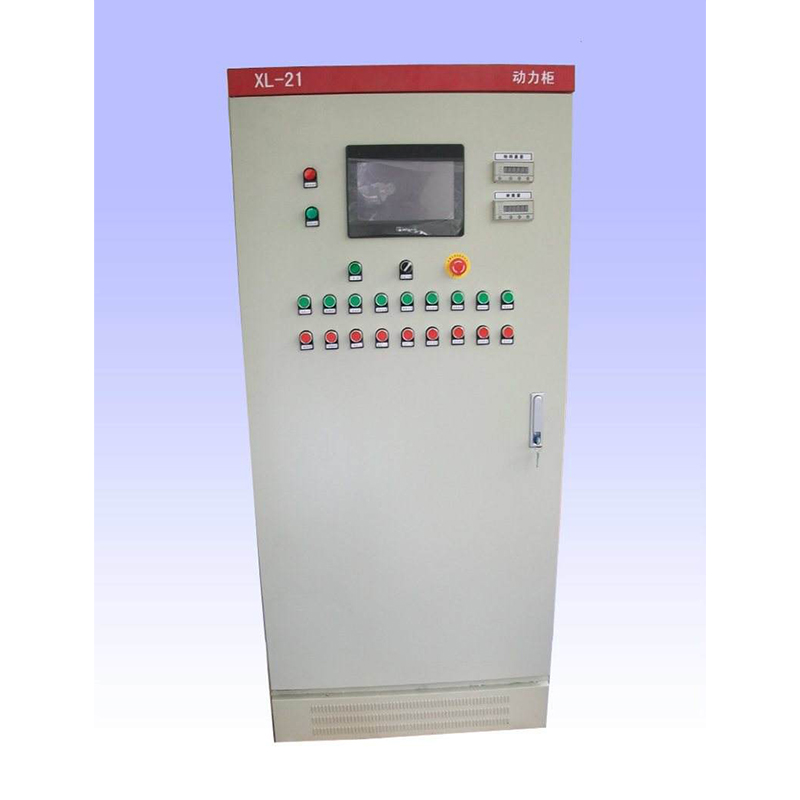
Nov . 17, 2024 14:21
Back to list
gas filter separator
Gas Filter Separator An Essential Component for Oil and Gas Operations
In the oil and gas industry, the efficiency and quality of operations hinge on the effective separation of gas, oil, and water. This is where the gas filter separator plays a pivotal role. A gas filter separator is a device designed to separate gases from liquids, primarily focusing on the removal of unwanted particles and contaminants from gas streams. This equipment is crucial for ensuring the smooth operation of production systems and upholding the integrity of downstream processes.
The primary function of a gas filter separator is to process the mixture of gas, oil, and water emerging from production wells. As crude oil and natural gas are often accompanied by various impurities, including water, sediments, and hydrocarbon droplets, the need for an effective separation system is paramount. The gas filter separator combines filtration and separation processes to remove solids and liquids from the gas before it is transported through pipelines or processed further.
Typically, the gas separator consists of several key components an inlet, a filter element, a separation chamber, and an outlet. The process begins when gas enters through the inlet. The gas is directed through a filter element, which captures solid particles such as sand, rust, and sediment. This filtration process is crucial as it prevents damage to downstream equipment and ensures cleaner gas for further processing.
Once the gas is filtered, it enters the separation chamber, where gravity plays a significant role in separating gas from liquids. The design of the separator allows for the different densities of gas and liquid to be utilized effectively. As gas rises to the top and liquids settle at the bottom, the separator facilitates the collection of these by-products. The design may vary, with some separators operating vertically while others operate horizontally, depending on the specific requirements of the facility and production process.
gas filter separator

One of the advantages of utilizing gas filter separators is their ability to handle varying phases of production. They can efficiently process a range of gas compositions and liquid types, making them versatile components in various oil and gas applications. Moreover, modern gas filter separators are equipped with advanced technologies that optimize performance. For instance, some models incorporate automatic drain systems to periodically remove accumulated liquids, thereby maintaining optimal separation efficiency.
In addition to their operational benefits, gas filter separators also have significant economic implications. By ensuring the removal of contaminants and unwanted water, these separators enhance the quality of the processed gas. This improvement not only increases the marketability of the gas but also reduces the risk of corrosion and other issues in the transportation and processing infrastructure. Fewer impurities lead to lower maintenance costs and extended equipment life, ultimately contributing to a more sustainable operation.
Furthermore, the environmental impact of gas operations is increasingly under scrutiny, and the gas filter separator plays a role in mitigating this challenge. Efficient separation reduces the likelihood of harmful substances being released into the environment. This aligns with global efforts to minimize the carbon footprint of industrial processes and uphold regulatory standards concerning emissions and waste disposal.
In conclusion, the gas filter separator is a crucial piece of equipment in the oil and gas industry, serving multiple functions that enhance efficiency, protect equipment, and align with environmental regulations. Through the effective separation and filtration of gas streams, these systems ensure that only the highest quality gas proceeds to the next stages of processing and transportation. As the industry continues to evolve and adapt to new challenges, the role of gas filter separators will remain prominent, supporting the foundational need for clean and efficient energy production. Their integration into modern oil and gas operations stands as a testament to the industry's commitment to innovation and sustainability, ultimately paving the way for more reliable and responsible energy solutions.
Next:
Latest news
-
Safety Valve Spring-Loaded Design Overpressure ProtectionNewsJul.25,2025
-
Precision Voltage Regulator AC5 Accuracy Grade PerformanceNewsJul.25,2025
-
Natural Gas Pressure Regulating Skid Industrial Pipeline ApplicationsNewsJul.25,2025
-
Natural Gas Filter Stainless Steel Mesh Element DesignNewsJul.25,2025
-
Gas Pressure Regulator Valve Direct-Acting Spring-Loaded DesignNewsJul.25,2025
-
Decompression Equipment Multi-Stage Heat Exchange System DesignNewsJul.25,2025

